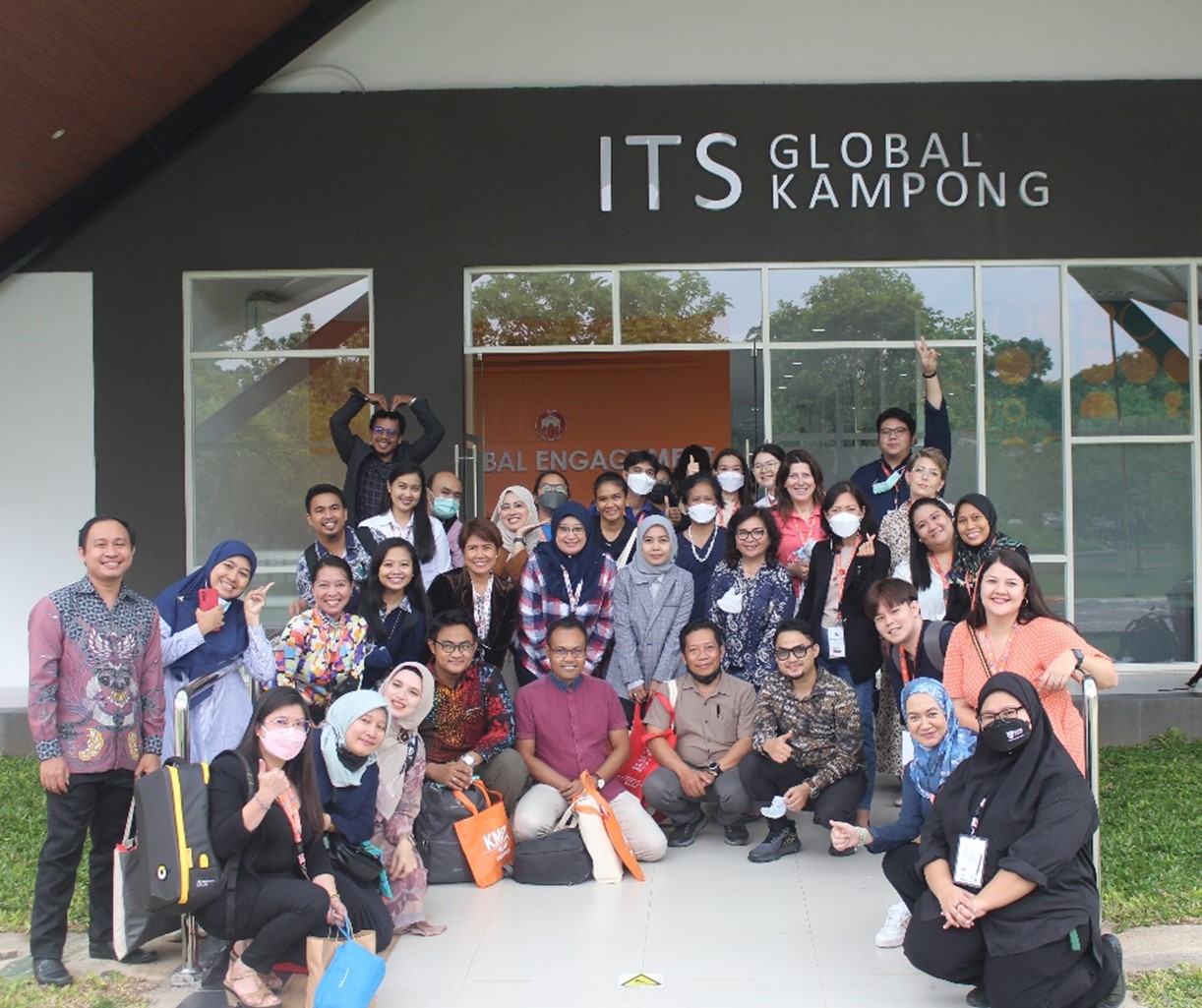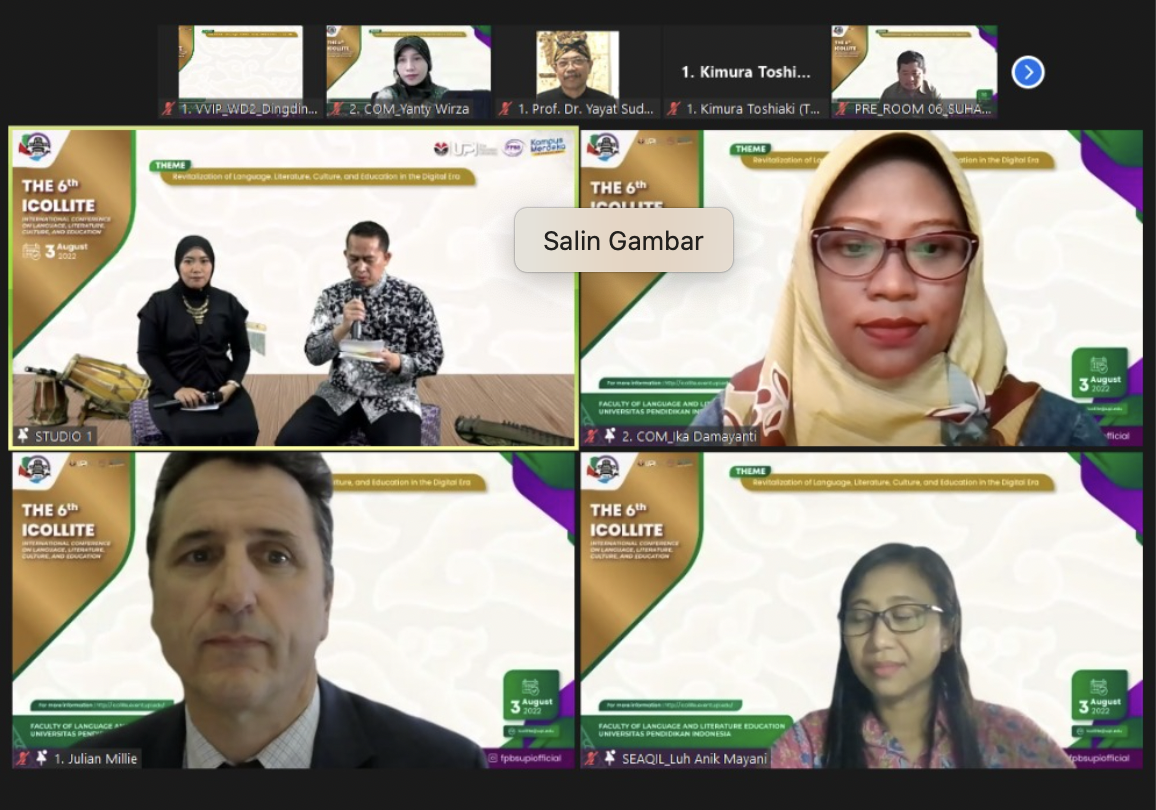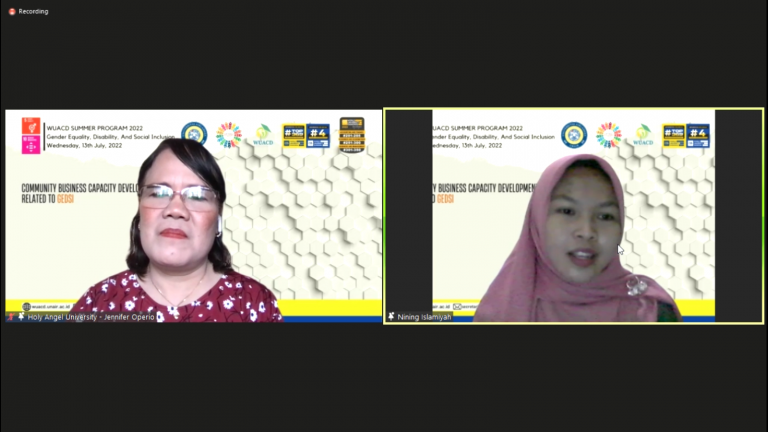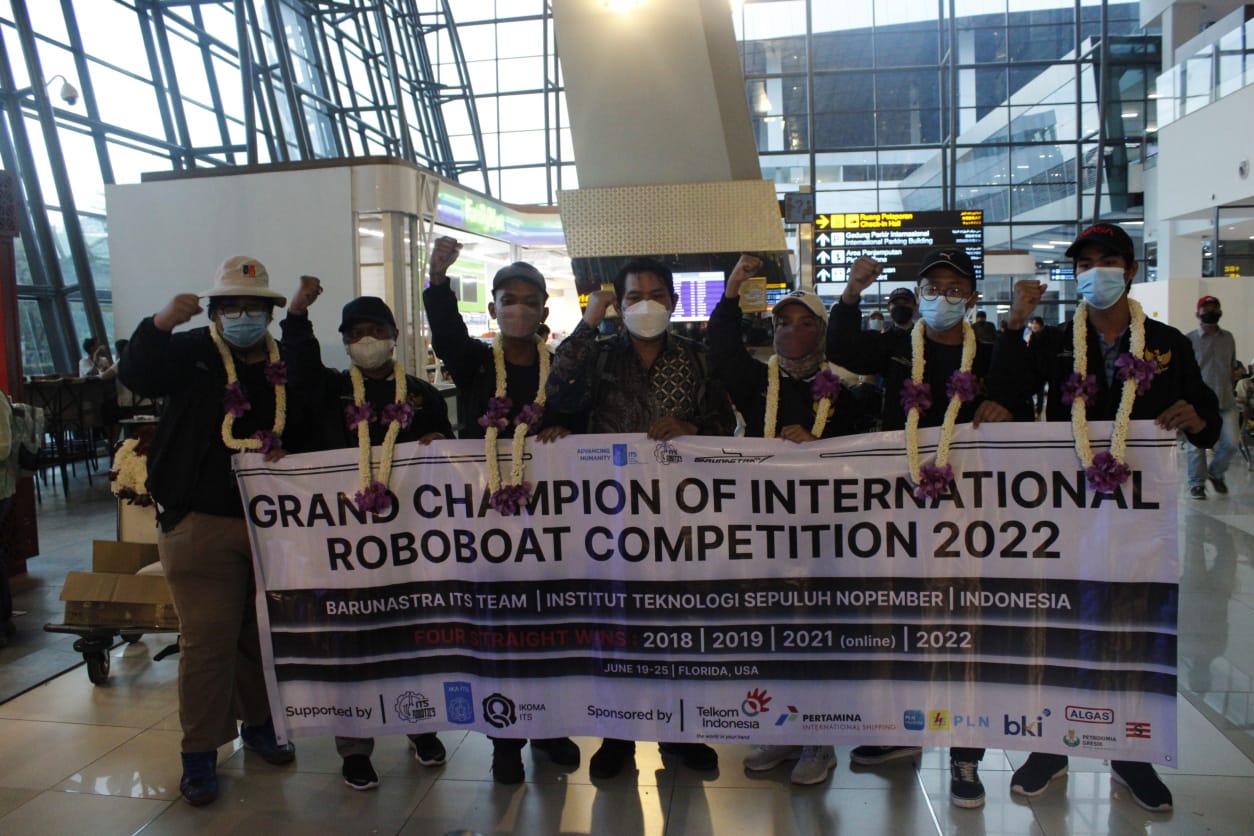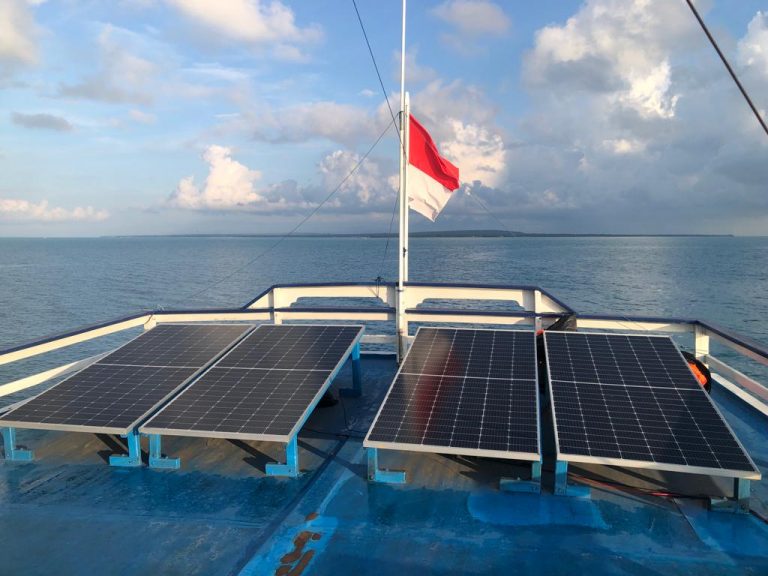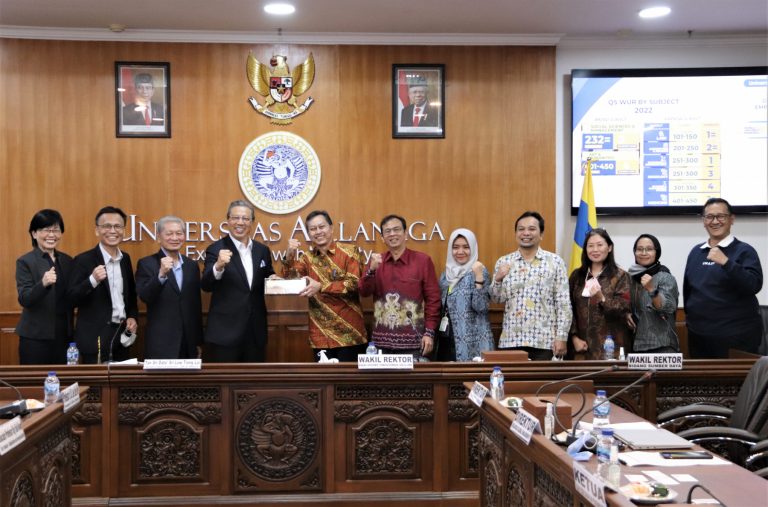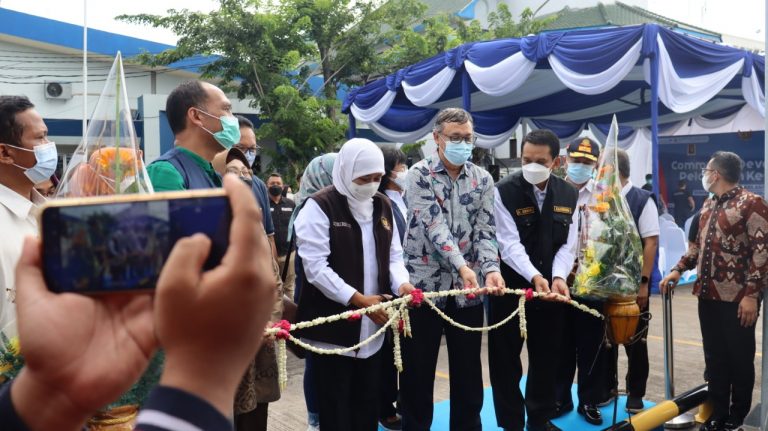Faculty of Language and Arts Education, FPBS, Universitas Pendidikan Indonesia (UPI), Bandung held the sixth International Conference on Language, Literature, Culture, and Education (ICOLLITE) with the theme “Revitalization of Language, Literature, Culture, an Education in The Era Digital Era”.
This conference was conducted online on Wednesday, 03 August 2022, presenting Prof. Dr. Yayat Sudaryat, M.Hum (Universitas Pendidikan Indonesia) and Prof. Kimura Toshiaki (Universitas Tohoku, Japan) as the keynote speakers; Prof. Julian Millie (Monash University, Australia) and Dr. Luh Ade Mayani, S.S., M.Hum. (Director of SEAMEO QITEP in Language/Language Development and Fostering Agency, Indonesia) as the Plenary Speakers; and Dr. Ida Widia. M.Pd and Dr. Asep Sopian, S.Pd., M.Ag (Universitas Pendidikan Indonesia) as the Featured Speakers.
This seminar was officially opened by the Vice Rector for Education and Students Affairs, Prof. Dr. Didi Sukyadi, M.A. in his opening remarks, he congratulated and extended his appreciation to all committee of The 6th ICOLLITE for successfully conducting this seminar. “This seminar is very important for discussing language-related issues in this digital era,” he added. This was the sixth international seminar held by the Faculty of Language and Literature Education attended by professors, scholars, researchers, Indonesian language activists, students, and speakers from other countries such as Algeria, Andorra, Australia, India, Japan, Malaysia and so son as many as 23 participants. This seminar was livened up by a show from Katumbiri, one of Student Activity Units of the faculty.
This seminar aimed at revitalizing language, literature, culture and education in facing the dynamics of the changes in the digital era. The Dean of FPBS, UPI, Prof. Dr. Tri Indri Hardini, M.Pd. expected that it will result in extraordinary insight related to language and there will be mutual support and cooperation in order to be able to implement Kurikulum Merdeka Belajar (Freedom of Learning Curriculum) imposed by the Ministry of Education and Culture, Republic of Indonesia. The scope of this seminar was related to various aspects of language, literature, culture, and education as the place for experts and professionals to share their research and experience on this issue. In this seminar, presenters and participants were encouraged to discuss and disseminate the current issues and offer solutions for the challenge of this era. Discussion on digital literacy trend this time was expected to pave the way to learn from each other for the advancement of the global community regardless of the social, economic, and cultural background.
In this 6th ICOLLITE 6, the presenters and participants were not only provided with materials from the speakers, but also some Sundanese traditional art show presented by UKM Katumbiri, FPBS. This was not only to give entertainment, but also as an effort to promote Sundanese traditional arts to the international world. To close this session, Dr. Rudi Adi Nugroho, M.Pd., the Chair of the 6th ICOLLITE said that this event was held successfully, attended by not only local presenters but also international presenters from many countries. He further stated that this activity was made possible due to the cooperation and assistance from various parties, including lecturers, administration staff, and students of FPBS. He expected that this event will generate some ideas and solutions in revitalizing language, literature, culture and education to face the global challenges in this digital era.



